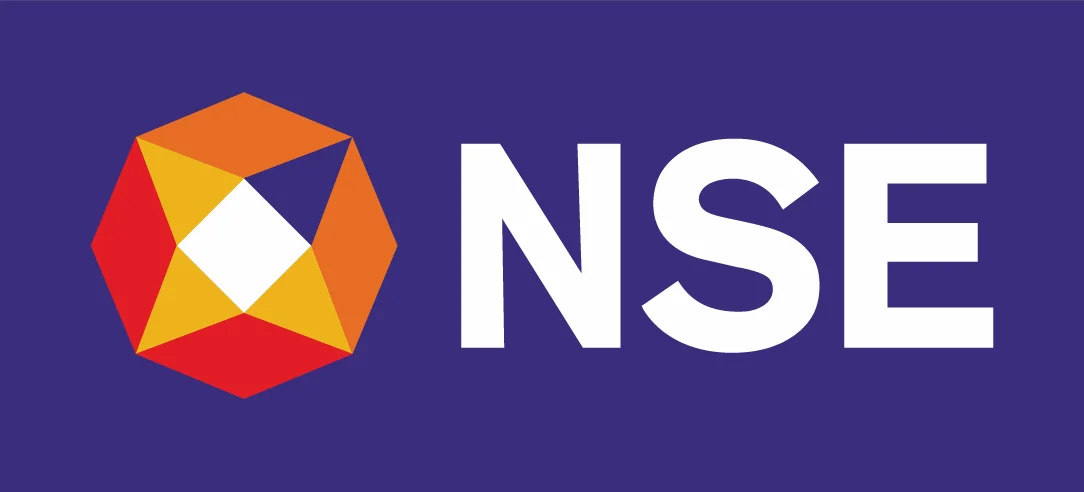Managing money effectively is one of the most critical life skills that everyone should master. It’s not just about earning more, but about spending wisely, saving consistently, and investing smartly for the future. Proper money management can help you achieve financial security, reduce stress, and significantly improve your overall quality of life. The fact is, building wealth takes hard work, discipline, and a clear plan. Without a solid strategy and consistent effort, it’s hard to achieve financial success. It’s also important to remember that you don’t need a large income to build wealth. What really matters is how you manage your spending and savings, as these habits determine your financial future.
Let’s understand the common money mistakes you can avoid.


Many people don’t create a budget and don’t know where their money is going. This can lead to overspending and financial instability.
Overspending on unnecessary expenses such as eating out, shopping, or vacations can lead to financial strain and may prevent people from reaching their financial goals. This is the biggest leading cause of poor financial health. Avoid making impulsive purchases.
Not saving enough can have serious consequences on your financial stability and future. It’s important to prioritize savings and make it a habit to save regularly, even if it’s a small amount. Ideally, you should save 40% of your income and reduce expenses to strengthen your financial health.
Ignoring debt, or only making minimum payments, can lead to high-interest charges and can take years to pay off. This can make it difficult to achieve financial stability and can impact credit scores. Watch your credit card bills. Pay off all your debts and experience the freedom of a debt-free life. Being debt-free allows you to take calculated risks to grow your income.
Not having an emergency fund can leave people vulnerable to unexpected expenses, such as medical bills or car repairs, and can lead to financial stress. Not Creating an Emergency fund equal to your 6 months salary to cover the unpredictable expenses or circumstances will put you in high stress.
Not investing wisely or making emotional investment decisions can lead to losses and missed opportunities for long-term financial growth. Before jumping into any investment, calculate the risks and start with a small amount.
Not regularly reviewing and adjusting finances can prevent people from staying on track with their financial goals and can lead to missed opportunities to save or invest. Keep reviewing your finance portfolio, Income & your expenses to keep them aligned.
Managing money can be emotionally challenging, as it can be difficult to resist the temptation to spend money on things that you want but don’t necessarily need. It takes discipline and self-control to make smart financial decisions and resist impulse purchases. By avoiding these mistakes and regularly reviewing and adjusting finances, people can improve their financial management and work towards their financial goals.
Create a budget:
Start by making a budget that includes all of your income and expenses. This will help you understand where your money is going and identify areas where you can cut back on spending. Budget should be less than 80% of your Income.
Track your spending:
Keep a track of every penny you spend, whether it’s through a notebook or an app on your phone. This will help you stay accountable and make sure you’re sticking to your budget. Remove all unwanted expenses from your budget list.
Prioritize your expenses:
Make a list of your essential expenses, such as housing, utilities, and food, and prioritize them over non-essential expenses like entertainment or shopping.
Set financial goals:
Decide what you want to achieve financially, whether it’s paying off debt, saving for a down payment on a house, or building an emergency fund. Having clear goals will help you stay motivated and focused. Start setting goals like first 1 Lac of savings/ First 10 Lacs of Savings or First 1 Crore of savings.
Automate savings:
Consider setting up automatic transfers from your checking account to your savings account each month. This way, you’ll save money without having to think about it. Do daily SIP of Rs. 100 if you are not discplined. Let’s understand the calculation of Rs. 100 daily savings in Mutual fund SIP.
Set financial goals:
Decide what you want to achieve financially, whether it’s paying off debt, saving for a down payment on a house, or building an emergency fund. Having clear goals will help you stay motivated and focused. Start setting goals like first 1 Lac of savings/ First 10 Lacs of Savings or First 1 Crore of savings.
Discipline + Consistency = Wealth Creation
Want to achieve your ₹1 Crore goal?
Simply invest ₹15,000/month for 15 years in a mutual fund SIP — and watch your wealth grow!
Start Your SIP Today!
Pay off high-interest debt first, such as credit card debt. This will help you save money in the long run. Please cancel all your credit cards if you are using Credit cards more than 20% of limits or short of money every last week of the month.
Consider investing in low-cost index funds or other investment vehicles that match your risk tolerance and financial goals.
By improving your skills, you can be more productive and efficient in your job, allowing you to complete tasks more quickly and effectively. This can lead to higher output and revenue generation, which can translate into a higher income.
Compounding is a mathematical process that can multiply your potential earnings from an investment.
Achieving financial freedom requires discipline, planning, and commitment.
Focusing on clients long-term success and satisfaction, rather than simply selling products or services.
A disciplined approach involves setting clear expectations, tracking progress of your finances.
Good health is a form of wealth because it allows individuals to live a happy and fulfilling life.
Our Core expertise are knowledge, skills, and experience.
Maintaining trust and ensuring the confidentiality, integrity, and safe transactions.
Creating a positive learning environment that supports learners’ growth and development.

Copyright © 2025 wealthforest.
All Rights Reserved, Built with ♥ in India
AMFI Registered mutual fund distributor



Unit- 205, D-85, Sec 63, Noida, UP 201301
WEALTHFOREST FINSERVE PVT. LTD. (CIN: U67110RJ2022PTC084346) IS A REGISTERED MEMBER OF THE NSE & BSE -59819 AND A MUTUAL FUND DISTRIBUTOR WITH AMFI REGISTRATION NO: ARN-276231. * REGISTERED OFFICE: 3/196, SEC 3, JAWAHAR NAGAR, JAIPUR, RAJASTHAN - 302004. GST - 08AADCW3948H1Z0
*CORPORATE OFFICE: UNIT-205, D-85, SECTOR 63, NOIDA, INDIA – 201301.
FOR ANY GRIEVANCES, PLEASE CONTACT US AT: SUPPORT@WEALTHFOREST.IN
THE INFORMATION PROVIDED ON OUR BLOG IS FOR EDUCATIONAL PURPOSES ONLY AND SHOULD NOT BE CONSTRUED AS INVESTMENT OR TAX ADVICE. MUTUAL FUND INVESTMENTS ARE SUBJECT TO MARKET RISKS. PLEASE READ ALL SCHEME-RELATED DOCUMENTS CAREFULLY BEFORE INVESTING. PAST PERFORMANCE IS NOT INDICATIVE OF, NOR DOES IT GUARANTEE, FUTURE PERFORMANCE. THE TERMS AND CONDITIONS OF THE WEBSITE/APP APPLY. PLEASE REFER TO OUR PRIVACY POLICY FOR FURTHER DETAILS.
POPULAR MUTUAL FUNDS:
QUANT SMALL CAP FUND | ICICI PRUDENTIAL BLUECHIP FUND | NIPPON INDIA SMALL CAP FUND | PARAG PARIKH FLEXI CAP FUND | MOTILAL OSWAL MIDCAP FUND | SBI SMALL MIDCAP FUND | TATA DIGITAL INDIA FUND | AXIS MULTICAP FUND | ICICI PRUDENTIAL TECHNOLOGY FUND | HDFC FLEXI FUND | HDFC SMALL CAP FUND | AXIS EQUITY FUND | CANARA ROBECO SMALL CAP FUND | TATA SMALL CAP FUND | KOTAK EMERGING FUND
MUTUAL FUNDS PARTNERS:
SBI | AXIS | HDFC | UTI | NIPPON INDIA | ICICI PRUDENTIAL | TATA | KOTAK | DSP | CANARA ROBECO | SUNDARAM | MIRAE ASSET | BANDHAN | FRANKLIN TEMPLETON | PPFAS | MOTILAL OSWAL | INVESCO | EDELWEISS | ADITYA BIRLA SUN LIFE | LIC | HSBC | NAVI | QUANTUM | UNION | MAHINDRA MANULIFE | 360 ONE | BOI | JM FINANCIAL | PGIM | QUANT |

